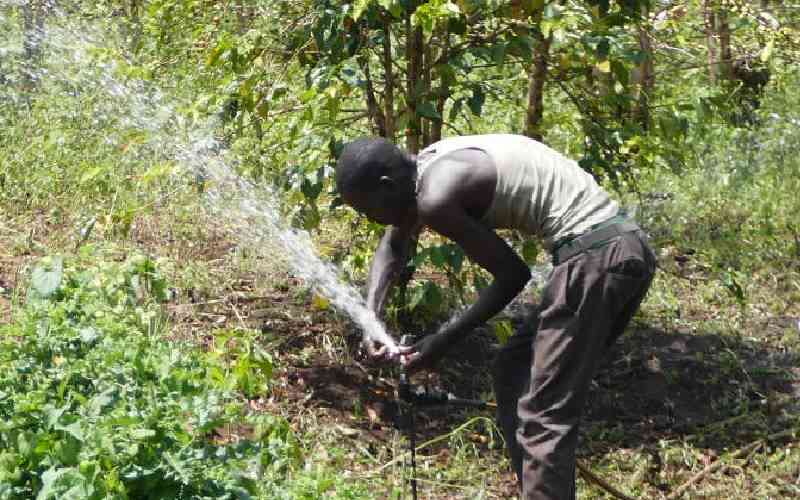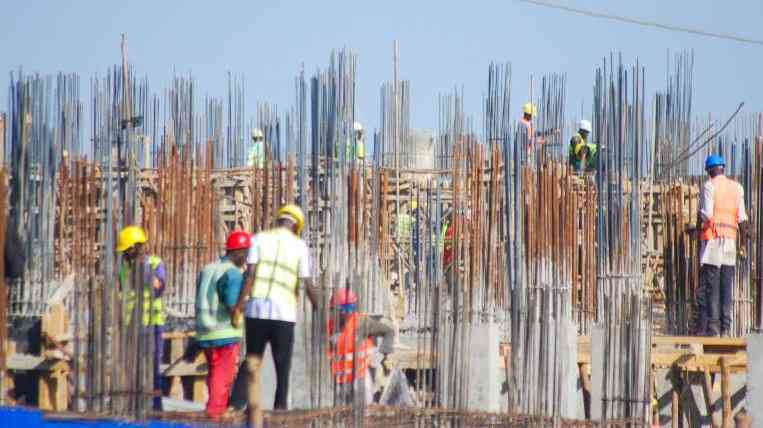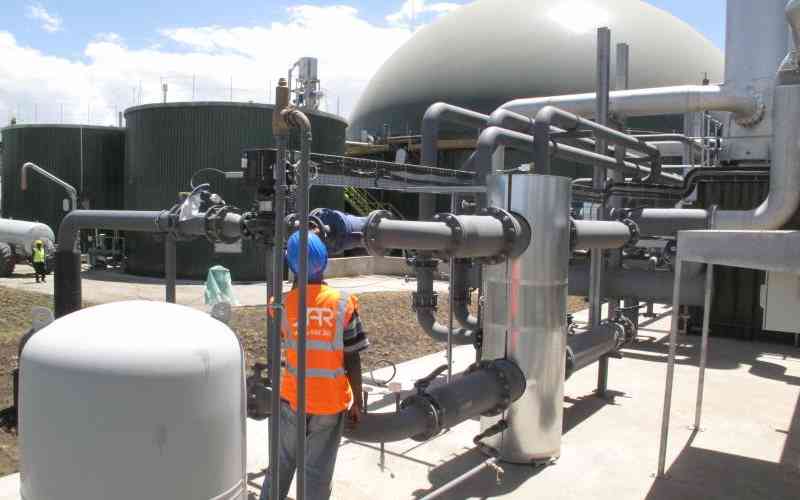×
The Standard e-Paper
Kenya’s Boldest Voice

On the vast, towering ecological wonder around Mt Elgon lies a treasure that is not visible at first glance.
The mountain, 80 kilometers in diameter rises 3,070 metres above the surrounding plains. The area is on the misty hills on the Kenya-Uganda border and is crowned by the extinct volcano. It boasts of massive swamps, millions of springs, flowing rivers and towering waterfalls. The fascinating water tower, serving a population of over 400,000, is also home to various wildlife species.








